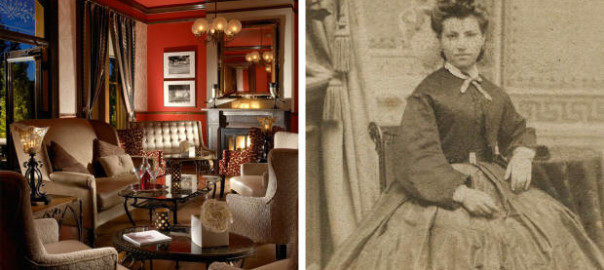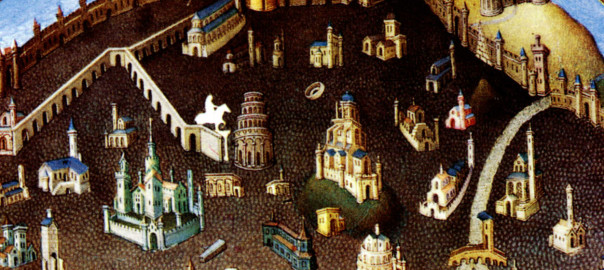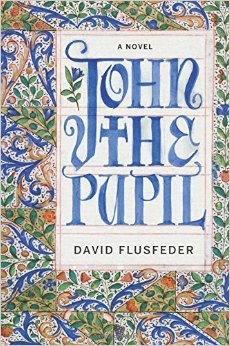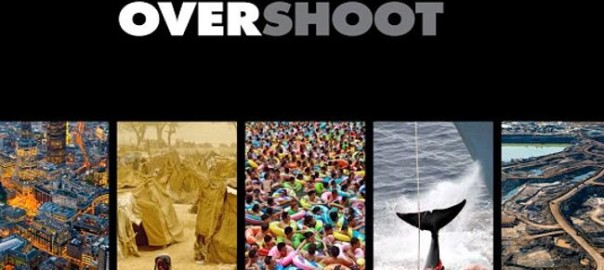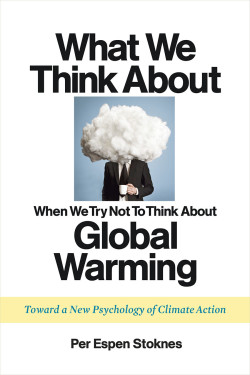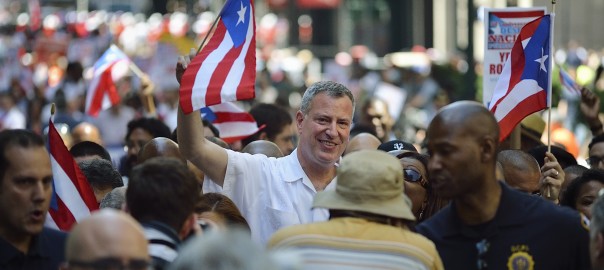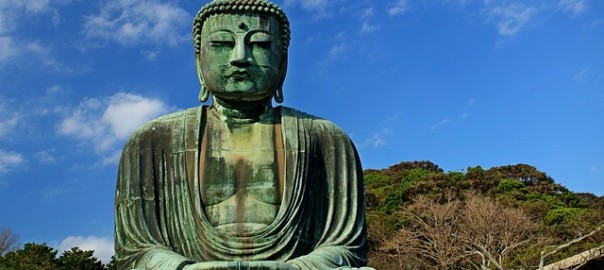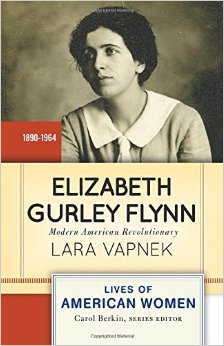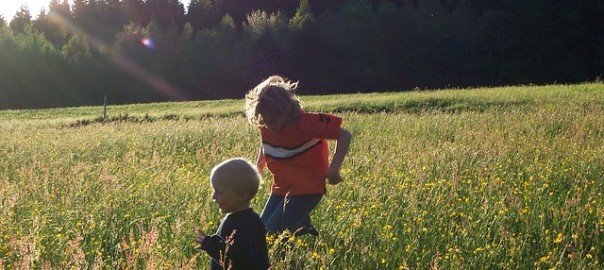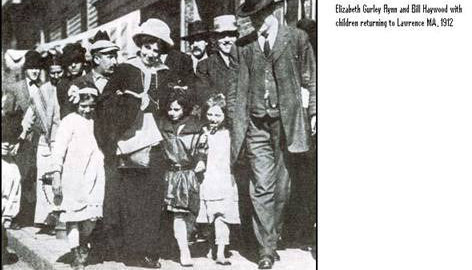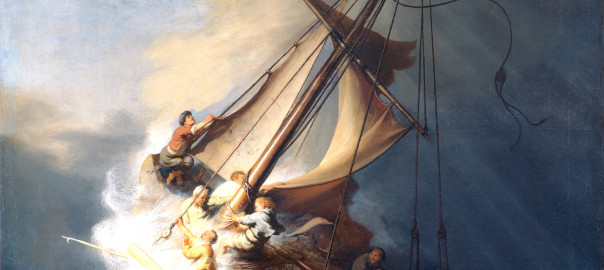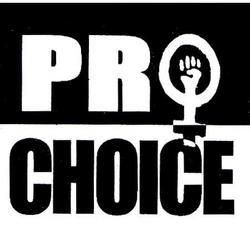Podcast: Play in new window | Download
Subscribe: Apple Podcasts | RSS
Hannah Nordhaus, author of The Beekepper’s Lament, talks about her latest book, a wonderful history/slash memoir of her ancestor Julia Staub. It’s called American Ghost: A Family’s Haunted Past in the Desert Southwest.
And if apple pie is a symbol of America, apples may be a symbol of New England. Russell Steven Powell talks about his book, Apples of New England: A User’s Guide. Continue reading

